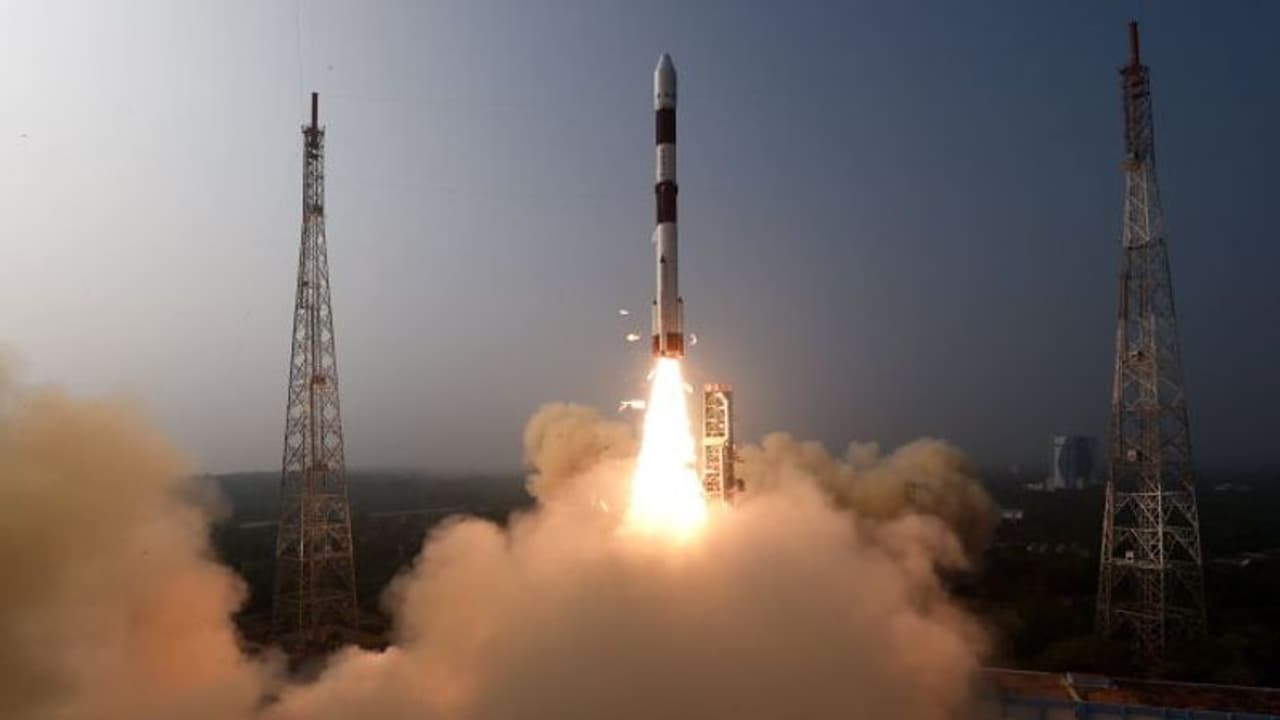The satellite, launched on January 1, aims to study black holes and neutron stars, making India the second country after the United States to deploy a specialized astronomy observatory for this purpose.
In a significant leap for space exploration, the Indian Space Research Organisation (ISRO) embarked on its first space mission of 2024 by successfully launching the X-ray Polarimeter Satellite (XPoSat) on Monday, January 1. The satellite took off at 9:10 am from the Satish Dhawan Space Centre in Sriharikota, Andhra Pradesh. Following the recent Chandrayaan-3 and Aditya L1 missions, XPoSat represents India's next milestone in space exploration, serving as ISRO's maiden dedicated scientific satellite designed for space-based polarization measurements of X-ray emissions from celestial sources.

This achievement propels India into an elite category, as it becomes the second country in the world, after the United States, to send a specialized astronomy observatory to study black holes and neutron stars within our galaxy.
Over its anticipated five-year lifespan, the XPoSat mission will play a crucial role in gauging the orientation of vibration in light waves. This information will enhance our understanding of the radiation mechanism and geometry of celestial sources.
Comparatively, NASA, the United States' National Aeronautics and Space Agency, delved into a similar study with the Imaging X-Ray Polarimetry Explorer mission in December 2021. NASA's mission focused on investigating remnants of supernova explosions, particle streams from black holes, and various cosmic phenomena.
Looking ahead, ISRO has an ambitious agenda, with plans to insert its Aditya L1 solar probe into a halo orbit around the Lagrangian point (L1) on January 6. Additionally, around January 12, the space agency is set to launch the INSAT-3DS meteorological satellites using its Geosynchronous Launch Vehicle (GSLV-F14). This mission is part of ISRO's commitment to deploying satellites for the India Meteorological Department (IMD) under its climate observatory satellite series.
The XPoSat mission boasts two critical payloads:
* POLIX (Polarimeter Instrument in X-rays): This primary payload will measure the degree and angle of polarization in the medium X-ray energy range of 8-30 keV, originating from astronomical sources.
* XSPECT (X-ray Spectroscopy and Timing): This payload will provide spectroscopic information in the energy range of 0.8-15 keV, contributing valuable insights into celestial phenomena.
